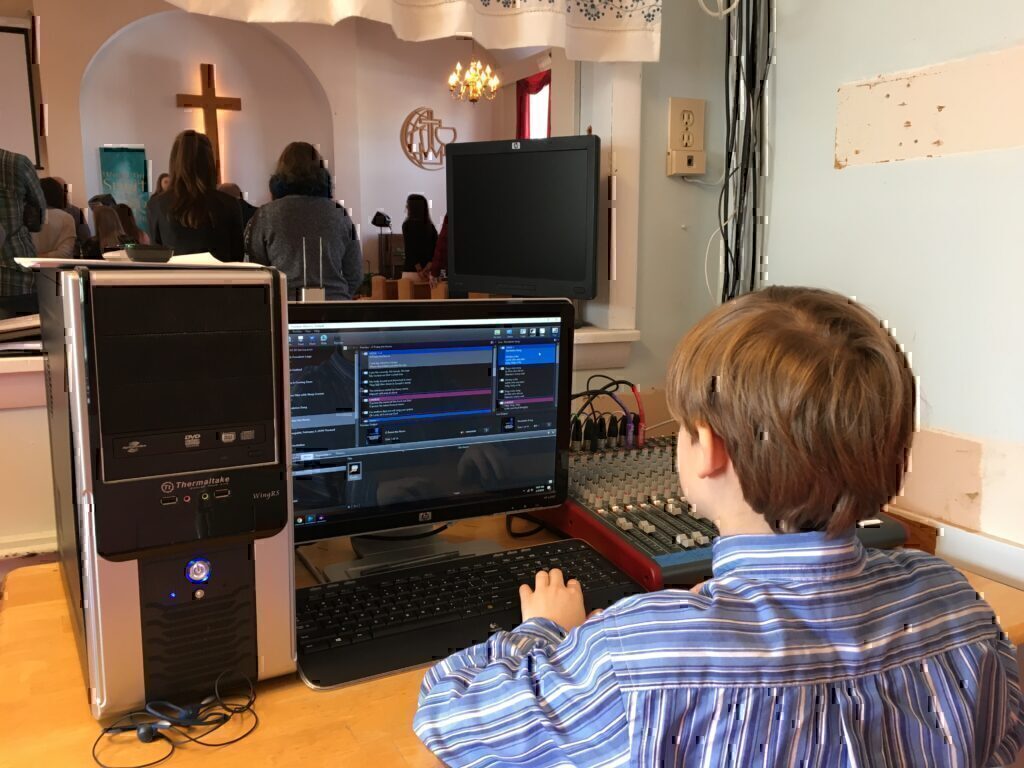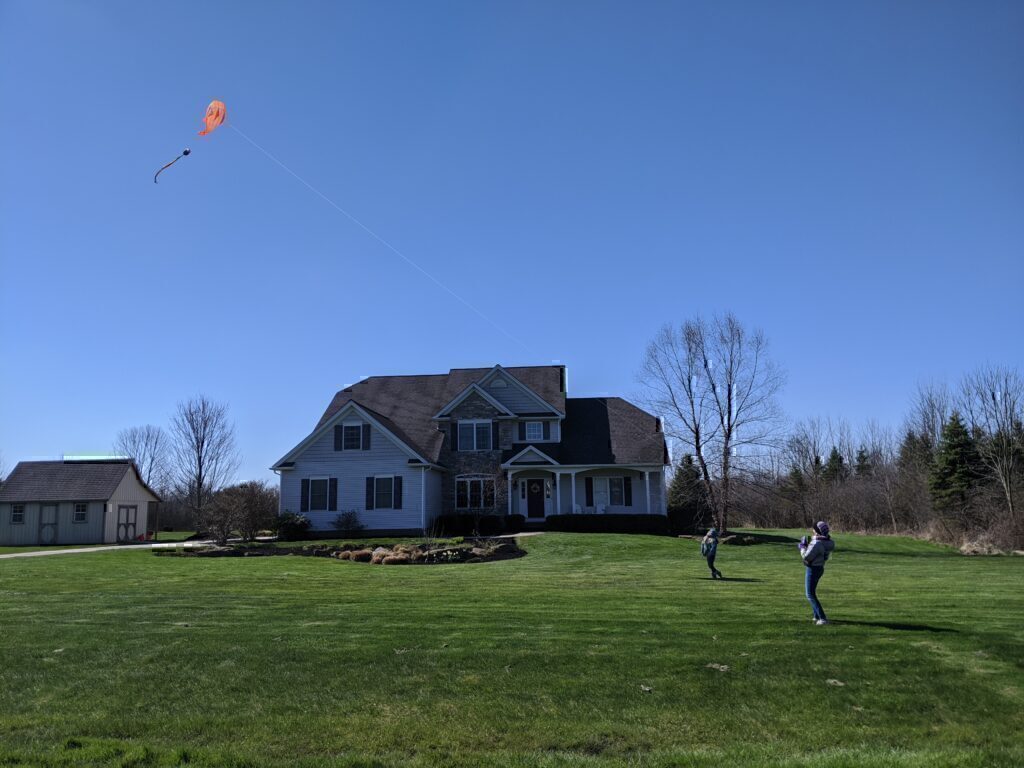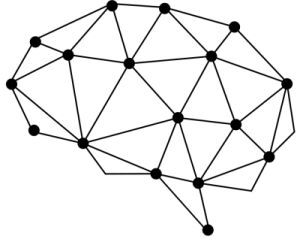In retrospect, Facebook closing off their APIs might have been the original death knell of the social network. An API is an Application Programmer’s Interface — it provides a surface that allows programmers to interact with code that is not their own. Often this is about getting data out, and putting data it, but it can also be used to access functionality of someone else’s program. You see one every time your phone sends you a push notification — that’s an API provided by the phone’s platform developer, that allows apps to alert of you of things. APIs need to be carefully thought through, to avoid being overly permissive, or creating security problems, but generally they’re a good thing, because they foster a level of transparency. If outside apps can see and interact with a platform’s functionality, there’s a mutual accountability in-place.
 Facebook had lots of APIs — probably too many. Their data access API allowed Cambridge Analytica to scrape the data of their users to inform and manipulate politics. Their games APIs brought scourges like Farmville, and its repeated invites to join your friends. But they also had APIs for sharing, for getting access to your own data outside their walled garden, and for syndicating content you owned into their platform. When they decided to close their APIs, they addressed some issues, but created more. Suddenly we were trapped in their increasingly toxic environment by the “network effort” we’d all contributed to, afraid to incur the cost of abandoning our “relationships.”
Facebook had lots of APIs — probably too many. Their data access API allowed Cambridge Analytica to scrape the data of their users to inform and manipulate politics. Their games APIs brought scourges like Farmville, and its repeated invites to join your friends. But they also had APIs for sharing, for getting access to your own data outside their walled garden, and for syndicating content you owned into their platform. When they decided to close their APIs, they addressed some issues, but created more. Suddenly we were trapped in their increasingly toxic environment by the “network effort” we’d all contributed to, afraid to incur the cost of abandoning our “relationships.”
Last week, Twitter made a similar move. Many of those still hoping that Elon would pull the nose up determined that was the final straw — including me. I’ve had a Mastodon profile since 2020; to be honest, its not a great experience. But its federated (de-centralized), open, and people are figuring out how to use it. I’ll be there, because there’s no better alternative, but what I’m more optimistic about is the resurgence of blogging.
Yup, blogging is cool again
In January I participated in Bring Back Blogs! an effort to encourage people to dust off their blogs and start creating content they owned for themselves. Last year I submitted my humble site to IndieWeb, something not unlike the “webrings” of old. There’s a half dozen blogs newly added to my RSS reader, and it feels good!
One of the down-sides of decentralization is that there’s a discoverability problem. Social networks tried to address that by creating a central place where you could see content your personal network generated — lots of people found my blog because I pimped it on Facebook (very few through Twitter.) The unintended consequence of this was that the algorithm began rewarding content that incited a reaction: people post conspiracy theories and rage bait because it garners “likes” and comments on their social profile. There’s no real thought or creative exercise required — just re-post or re-Tweet and watch the Internet points roll in!
The thing is, we found content before algorithms fed it to us. We surfed, searched, bookmarked and subscribed. And maybe that was better.
I’m going to try to post here more
I won’t try to draw parallels between open borders and open APIs — save that thoughtful application of policy, and an examination of unintended consequences is important in both cases. For 12 out of 16 years, we’ve been guests in a country that has had its share of hits and misses — in recent years, and in its past. The average is still better than most, however, and while we’ve frequently recalculated, the math remains in favor of staying. That decision, of course, is not entirely our own, and over the years we’ve petitioned the government for a variety of statuses. The status of “permanent resident” has been out of reach for a long time. Last week we got word that it has been granted to us.
For Nic, this means she exists as a person; she can have a bank account, a job (if she wants), and has rights if something happens to me. For Eli, it means she can go to college here (some day.) For me, it means I am not tied to a sponsoring employer. I am free to pursue the American Dream in whatever way I choose.
The Land of Opportunity
The cost of living in our home and native land continues to soar — its almost unfathomable. We have a good sized house, on a little piece of land, in a good school district here: we could trade it for a row-house condo back home if we were lucky.
My current job is wrapped in two layers of government bureaucracy. Everyone wants to do the right thing, but are hamstrung by process and policy. The argument for small government is not an unreasonable one: our organization exists to help U.S. manufacturers, but our government-imposed processes are too onerous for most of them to make it through.
Despite my complaints on this site, I believe in the power of technology to help people; like any tool, you can wield it to build up, or tear down. If recent events have convinced me of anything, its that our tools aren’t being used well. Opportunity exists to help people do better.
With our new status, I’m creating and helping create two organizations, effective immediately.
One is a not-for-profit that will contribute to open source projects, seek to preserve digital artifacts to ensure we don’t forget the lessons of technology history, and help faith-based organizations and ministries with their technology needs. Our family will directly run this organization, and employ Ben as he’s available and interested in developing and exercising his skills in this way.

The other is a for-profit system integrator that I’ve been advising on pro-bono, until our change of status. We’re creating this organization to consult with and guide small and medium manufacturers on the practical application of information technology to improve productivity, reduce waste, and optimize energy consumption. I’ll be doing this part-time for now, while continuing to contribute to my primary employer’s mission to do similar things through federal investments, and a membership model.
National Interest Waiver
Our change of status was based on an accelerated process called a National Interest Waiver. The lawyers made the case that the country could benefit from my skills, and the government eventually agreed. I don’t know anyone who lives here who loves their government all the time. I do know a few who are convinced that God has granted this land some kind of special status as His favorite. And there’s a vocal group on either side who are sure that the whole country has turned evil — for one reason or another.
In fact, just like our home country, there’s good and bad mixed together here. No country works the way God intended, and for believers, this is not meant to be our permanent home. Its the place He has put us to represent Him, and to be His hands and feet. We are called to love and to serve others.
For most of 16 years, everywhere we’ve lived has felt entirely temporary: don’t plant the roots too deep, we might need to rip them up tomorrow! And maybe one day God will place us in a different home again. But for today, He has graciously granted us permanent residence, and from where we sit, that is a good thing. We have things we want to do here, and while we have our own interests to look after — some of which require income not previously available to us — we will endeavor to do so in the interests of our community, this country that has allowed us to call it home, and our Savior, whose purposes are greater than anything any nation can aspire to.
The threat of losing our income, status and home is one we’ve lived under for a long time. As temporary residents, losing a job would mean losing everything almost instantly. God has been faithful, and we’ve worked hard, and our needs have always been met. But our freedom beyond that has been constrained for too long.
We couldn’t be more grateful, or more relieved, by this Adjustment of Status. For the first time maybe since we’ve been married, we are home. And our APIs are open 🙂





Welcome to the US, permanently! Ironically, I’ll be starting a new job in a couple of weeks, working for a Canadian company. Well, working for the US subsidiary of a Canadian company, but almost all my coworkers are in Canada.
Lots of great tech people come from Canada 😉
Congrats!